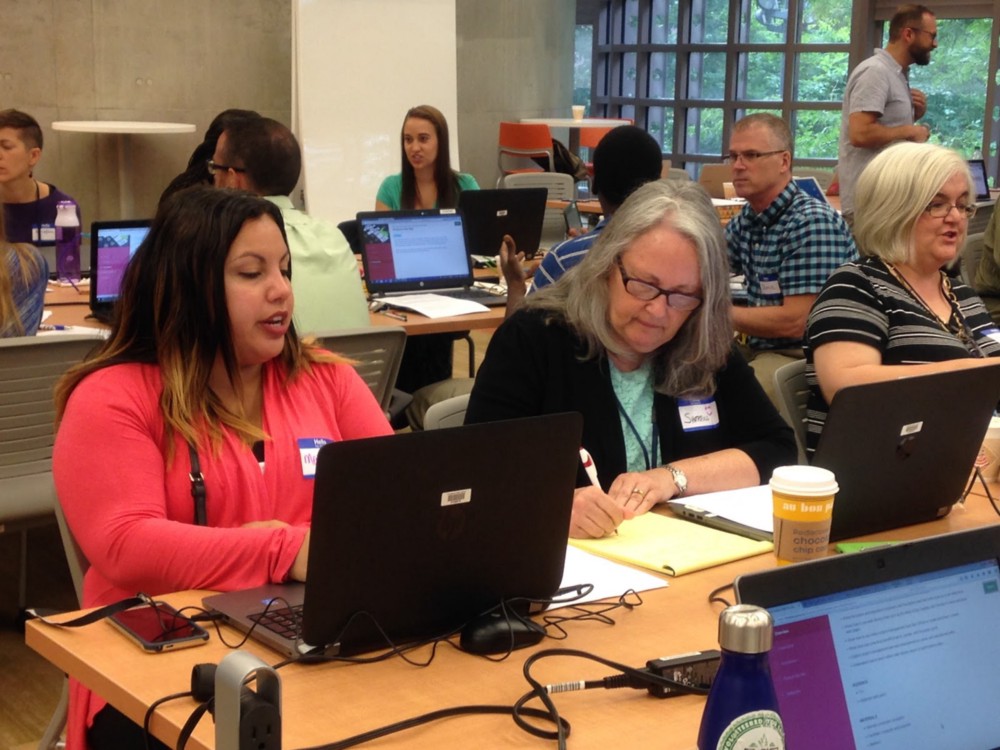
Web literacy describes a critical set of skills needed to participate online, including how to navigate the internet, understand basic web mechanics, and safely share information. Using materials developed by the Mozilla Foundation, the Digital Skills for Digital Librarians project piloted web literacy skills training in eight public libraries and one library sciences graduate program in order to equip library staff with the knowledge needed to meet the growing digital needs and desires of their communities. The project, led by the Mozilla Foundation, is supported by a grant from the Institute of Museum and Library Sciences (IMLS). Working with Mozilla, a team of researchers from the Information School at the University of Washington, including the US Impact Study group and the Technology & Social Change Group (TASCHA), conducted an evaluation of the project. Based on interviews, participant observations, and project documentation, the evaluation explores three central questions: (1) in what ways have the different pilots taken up the curriculum, making it their own?; (2) what successes and challenges have the pilots faced while adapting and implementing the web literacy curriculum?; and (3) what are possible pathways for scaling and sustaining the web literacy curriculum? More specifically, it examines the experiences of the pilot in regard to learning to use and implement web literacy resources, adapting the resources to fit the needs of the library, leading web literacy trainings, and aligning web literacy within the existing organizational culture.


